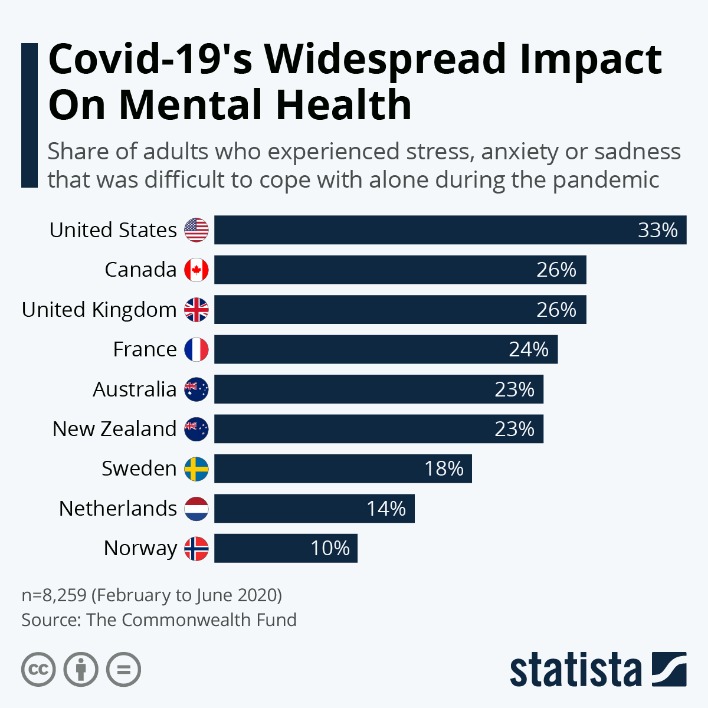Unraveling the Complexities of Traumatic Stress Disorders
Post-Traumatic Stress Disorder (PTSD) is a mental health condition that can arise after experiencing or witnessing a traumatic event. Understanding the complexities of this disorder is crucial for effective treatment and support. This article delves into the symptoms, causes, and available therapies for PTSD.
Understanding PTSD: What You Need to Know
Recognizing the symptoms of PTSD is the first step toward seeking help. These symptoms can vary in intensity and may include:
- Intrusive memories or flashbacks of the traumatic event
- Avoidance of places or activities that remind one of the trauma
- Negative changes in mood or thought processes
- Increased arousal symptoms such as being easily startled or feeling tense
The development of PTSD can be influenced by various factors, including the severity and nature of the trauma, the individual’s personal resilience, and existing support systems.
Effective Treatments for PTSD
Treatment for PTSD often involves a combination of therapies. The most effective approaches typically include:
- Cognitive Behavioral Therapy (CBT): This involves restructuring negative thought patterns associated with the trauma.
- Exposure Therapy: Gradual and controlled exposure to trauma reminders helps reduce fear and anxiety.
- EMDR (Eye Movement Desensitization and Reprocessing): Combines exposure therapy with guided eye movements to process traumatic memories.
- Medication: Anti-anxiety and antidepressant medications can help manage symptoms.
Each individual’s journey with PTSD is unique, and personalized treatment plans are essential for effective recovery. For those seeking professional help, PTSD recovery support can be a significant resource.
FAQs About PTSD
Below are some commonly asked questions regarding PTSD and their answers:
What is the main cause of PTSD?
PTSD is caused by experiencing or witnessing a traumatic event. The response depends on various factors, including personal experiences and existing mental health conditions.
How is PTSD diagnosed?
Diagnosis is typically made through a comprehensive psychiatric evaluation that assesses symptoms and their impact on daily functioning.
Can PTSD be cured?
While there is no definitive cure for PTSD, treatment can significantly alleviate symptoms and improve quality of life.
Is PTSD only experienced by military personnel?
No, PTSD can affect anyone who has experienced or witnessed a traumatic event, not just military personnel.
For those dealing with PTSD, understanding and acknowledging the disorder is vital to finding the right path to recovery. With appropriate treatment and support, individuals can regain control of their lives and find peace amidst the chaos.



